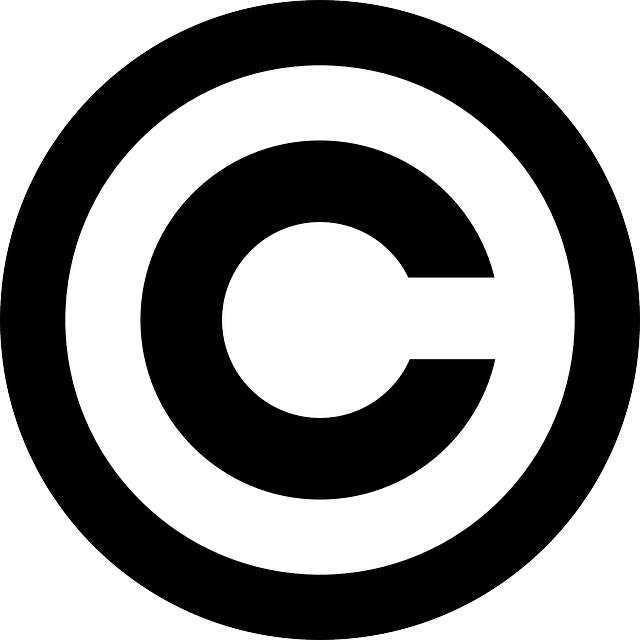What kinds of patents are available?
There are three types of patents: utility patents, design patents and plant patents. Utility patents are the primary vehicle used by the U.S. Patent and Trademark Office to protect useful and new inventive concepts. A design patent protects the ornamental or aesthetic features of an object – that is, how an object looks. The plant patent protects new plant varieties that are reproduced asexually (by means other than seeding such as grafting or using rooting cuttings).
How is a patent created and how long does it last?
A patent is obtained by filling out a patent application and submitting it to the U.S. Patent and Trademark Office (USPTO) and paying a fee.
A patent application is a legal document and it requires a significant amount of work, money and time to complete. You can apply for a patent on your own or by hiring a patent attorney.
The term of a design patent is 14 years, measured from the date the patent is granted. This is in contrast to a utility and plant patent term, which typically lasts 20 years and is measured from the application priority filing date. Design patents are not renewable and require no maintenance fees.
What is the ‘fair use’ doctrine?
The fair use doctrine allows a person to use copyrighted material for criticism, comment, news reporting, teaching, scholarship and research without permission from the copyright owner. Caution must be taken, however, when copying without permission since there is always a risk the copyright owner will sue an alleged violator who would have to prove “fair use” as a defense in court.
Protecting intellectual property rights overseas
IP laws are similar in most countries, however, that doesn’t mean that IP certifications work across countries. Most IP registrations (copyrights, patents etc.) are only specific to the country that it’s registered in. So that means if your company is operating on a global level, you have to be sure to get registered for the necessary IP protection in each geographic area that the company is operating in.
What to do when a person or entity infringes on your intellectual property
One major issue for people and companies is what to do when a person or entity infringes on its intellectual property.
If the intellectual property that was stolen from you results in a significant amount of lost money, you should hire an experienced intellectual property attorney to assist you in seeking damages from the person who stole your property. If, on the other hand, your intellectual property earns little or no money, hiring an attorney to pursue the thieves is not likely to be cost-effective.
One alternative to full-blown litigation is to reach some kind of settlement with the infringing party and license the IP turning them into a steady stream of income.
Another option is to send a letter to the person or entity who stole your intellectual property telling them exactly what intellectual property they stole, how you know they have or used it, and demanding that they stop using your intellectual property immediately.


